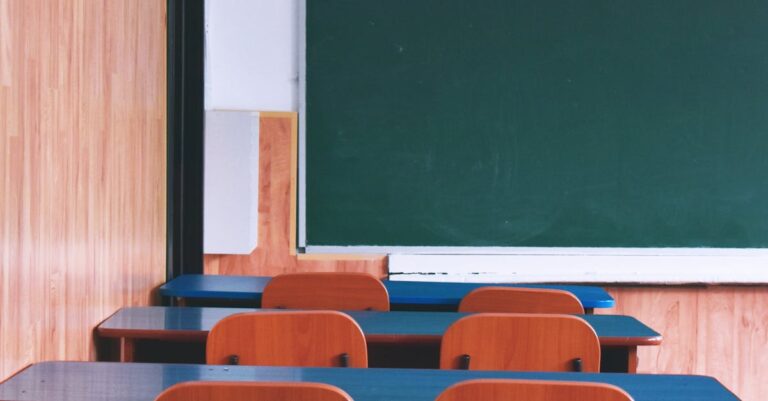
In the realm of public education, the concept of teacher performance is a hotly debated topic that is often mired in politics, protests, and controversy. While the ultimate goal of ensuring quality education for all students remains a shared objective, the means of achieving this goal can vary widely, leading to sharp divisions within the public school system.
At the center of this debate is the evaluation of teacher performance and its impact on the overall success of students. Critics argue that the current methods of evaluating teachers, such as standardized test scores, fail to capture the full scope of a teacher’s abilities and contributions to student learning. This narrow focus, they say, can lead to unfair assessments and ultimately hinder the effectiveness of the teaching profession.
On the other side of the spectrum, proponents of stringent teacher evaluations argue that holding teachers accountable for student outcomes is essential in ensuring that students receive the best possible education. They believe that higher standards and performance metrics are necessary to drive continuous improvement and promote excellence in teaching.
This clash of perspectives has led to widespread protests and demonstrations, with teachers unions and advocacy groups often at odds with policymakers and administrators. These tensions have further deepened as issues of equity and social justice have come to the forefront, with some arguing that stringent evaluation systems disproportionately impact teachers in underserved communities.
It is crucial in this moment of divisiveness to find common ground and move towards a more collaborative and constructive approach to evaluating teacher performance. This means engaging in open dialogue, listening to the concerns of all stakeholders, and working together to develop fair and effective evaluation systems that prioritize the needs of students while supporting the professional growth of teachers.
While the road ahead may be fraught with challenges and complexities, it is imperative that we strive for a system that is equitable, transparent, and focused on fostering a culture of continuous improvement in our public schools. By acknowledging the complexities of this issue and approaching it with empathy and understanding, we can begin to bridge the divide and create a more harmonious and effective education system for all.
As we navigate the controversy surrounding teacher performance in public schools, let us remember that our ultimate goal is to provide the best possible education for our students. By working together and embracing diverse perspectives, we can forge a path forward that empowers teachers, supports student success, and strengthens our public school system for generations to come.








I think it’s important to really consider all the different opinions about teacher evaluations ’cause there’s a
Wow, because evaluating teachers is definitely the MOST exciting topic out there! Can’t wait to read more about how standardized tests are the perfect measure of a teacher’s worth. Who needs empathy and understanding when you have test scores, am I right? #SarcasmEpidemic
Hey y’all, what a crazy debate about teachers and how they get evaluated, huh? It’s like everyone’s got their own ideas and opinions, but at the end of the day, we all just want students to get the best education possible, right? I think we need to listen to each other more and find ways to work together to make sure teachers are supported
critix argue that t3achers shoudn’t be evaluted only on test scores coz dat not show all dey do. I tink dat makes sense coz teachrs do mor dan just teach to a test. But sum ppl say it’s imporant to hold teachrs accountable for how students do so dey work hard to help dem learn. it’z a tuff isssue
Yea, teacher evaluation is a big deal in public schools. Some peeps say that just looking at test scores ain’t enough to measure how teachers are doing. They think it’s not fair and doesn’t show the full picture. On the flip side, some say holding teachers accountable for student outcomes is the way to go to make sure students get a good education. This back and forth has caused a lot
i think it’s real important to make sure teachers is gettin’ treated fair ’cause they’s the ones teachin’ our kids and they’s gotta be good at it for our kids to learn the best they can. evalulatin’ teachers is good but it gotta be done right so it shows how they’re helpin’ students grow and learn, not just based on one test score. we gotta work
It is vary important to consider all the different opinions when talking about how teachers are doing in schools. Some say test scores are not the only thing that matters, and they might be